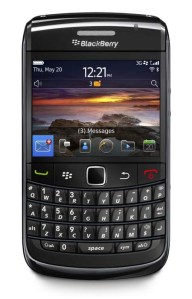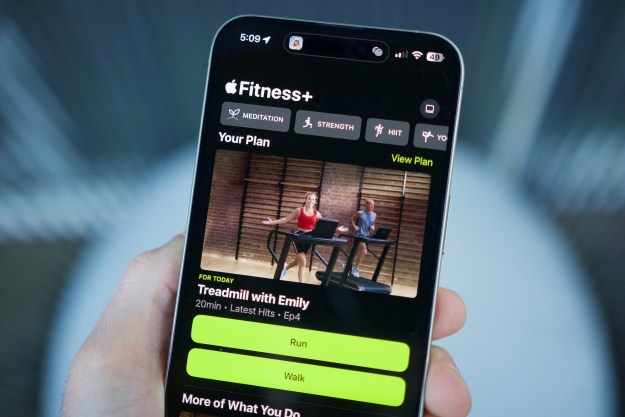
Earlier this month, none other than Apple’s CEO Steve Jobs indicated that the iPhone had overtaken Canada’s Research in Motion as the leader in the smartphone market, and a report from market research firm IDC backed up the claim. However, in an indication of just how fuzzy all this scientific measurement of markets can be, two more research firms weighed in today—and neither finds the iPhone is leading the market. Both Nielsen and comScore find RIM is still the market leader for smartphones, although the iPhone is in second place and Android is showing rapid gains.
According to comScore, RIM remained the top smartphone platform during the third quarter of 2010, accounting for 37.3 percent of U.S. smartphone subscribers aged 13 years and over. That was actually a 2.8 percent drop compared to RIM’s share in June 2010. Apple’s iPhone accounted for 24.3 percent of the market—unchanged since June—and Google’s Android platform (now represented by myriad devices) accounted for 21.4 percent of the market, up 6.5 percent since June. Microsoft came in fourth with a 10 percent share for the third quarter (a drop od 2.8 percent since June), and Palm landed in fifth place with a 4.2 percent share, down 0.5 percent since June. (It’s worth noting Windows Phone 7 was not yet available to consumers, nor was the Palm Pre 2 on sale in the U.S.).
Nielsen’s figures also show RIM on top, but the percentages change a bit. According to Nielsen, RIM accounts for 30 percent of the U.S. smartphone market with the iPhone hot on its heels with a 28 percent share. Google’s Android platform is in a more-distant third place with a 19 percent share; however, where RIM lost ground in the third quarter of 2010 and the iPhone held steady, Android showed strong growth, and Nielsen says Android was the preferred platform amongst consumers who chose a device in the last six months. Nielsen also notes that while Apple has the most smartphone users under age 44, fully half of Android users are under 35 years of age.
The disparity of these figures from leading market analysis firms—and companies’ eagerness to embrace them to their advantage—highlights both the inherent difficulties in measuring things like “smartphone market share,” as well as how competitive the U.S. smartphone market has become.

